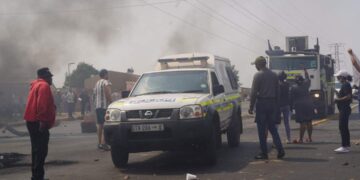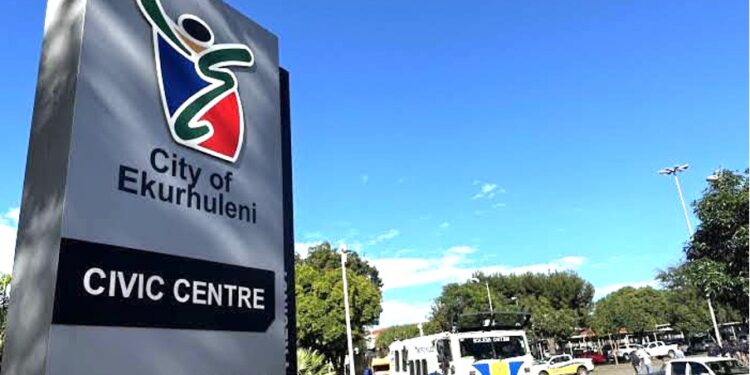By Loxion News Staff Writer
The City of Ekurhuleni has plunged into a deepening financial crisis as it reportedly owes service providers a staggering R13 billion. This ballooning debt has left businesses across the metro struggling to survive, sparking fears of job losses, stalled projects, and a collapse in service delivery.
According to Mike Waters MPL, the DA Constituency Head for Kempvale, the amount owed is more than double the R6 billion reported by the Gauteng MEC for Cooperative Governance and Traditional Affairs (COGTA) to the Gauteng Provincial Legislature (GPL) just a month ago.
“This is not a bookkeeping error,” Waters stressed. “It is a violation of the Municipal Finance Management Act (MFMA), which legally requires municipalities to pay service providers within 30 days. By failing to do so, Ekurhuleni is not only breaking the law but also crippling small businesses and sabotaging service delivery.”
Businesses on the Brink
Contractors and small businesses dependent on municipal payments say they are unable to meet their obligations. Many have already been forced to retrench workers, while others warn that ongoing delays could lead to closure.
“R13 billion in unpaid bills is not just a number on a spreadsheet,” Waters said. “It means small businesses going under, workers not getting paid, and communities left without services. The ANC’s financial mismanagement has turned Ekurhuleni into a full-blown crisis zone.”
Political Pressure Mounts
The Democratic Alliance (DA) has vowed to push for urgent intervention. Waters confirmed that the DA will write to Gauteng MEC Mzi Khumalo Mamabolo to demand answers on what steps his department is taking to rescue Ekurhuleni from financial collapse.
The DA caucus in Ekurhuleni will also raise the issue in council, promising to continue holding the city’s leadership accountable until residents receive the services they pay for.
Residents Left in Limbo
For ordinary residents, the city’s failure to honour payments has far-reaching consequences: unfinished infrastructure projects, unreliable service delivery, and worsening unemployment in a metro already facing economic challenges.
“This ongoing financial crisis in Ekurhuleni deserves immediate attention,” Waters concluded.
As the pressure mounts, service providers and communities alike are left waiting to see whether urgent action will be taken—or whether Ekurhuleni will remain trapped in what many are calling a debtor’s prison.


















